Japanese Food: Better Raw or Cooked?
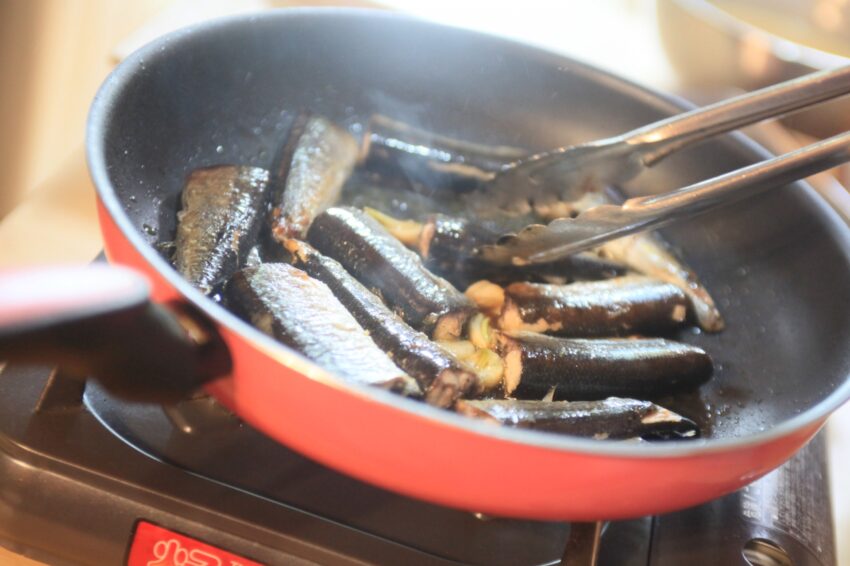
Top Photo: crea33さん on PhotoAC
Japan has always had strong Buddhist roots that persist to the present day. For this reason, eating meat was once a upon a time quite taboo for much of Japan’s history. As an island nation however, they have always had fish as a plentiful alternative supply of protein. But what leaves some curious is why fish is often served raw in Japan as opposed to the rest of its global counterparts. Well, wonder no more!
What is Washoku?
We typically recognize Japanese raw fish as ‘sushi’ and ‘sashimi’. However, the name for traditional Japanese cuisine of raw fish is actually ‘Washoku’. Washoku culture dates back as far as 4000-5000 years ago within the Jomon period. [1] This tradition continues to be held widespread throughout the country. It has even recently been officially approved as a member of UNESCO Intangible Cultural Heritage. [2]
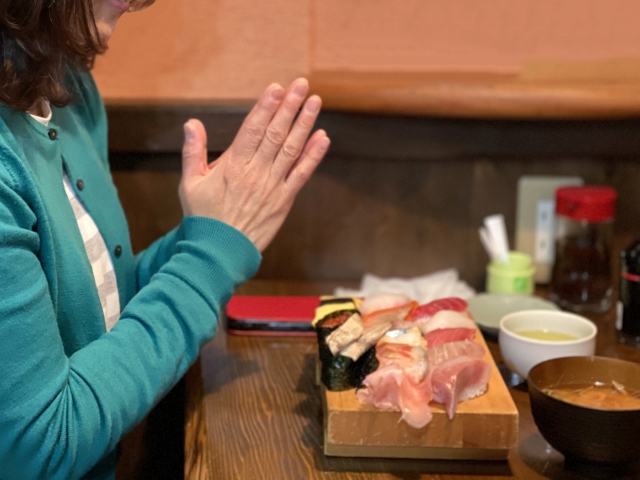
Photo by himawariinさん
But Why Raw?
Why does Japan often prepare fish raw? The answer partly lies in the introduction of Buddhism in the country during the 7th and 8th century. In Buddhism, killing animals for consumption is traditionally considered uncompassionate. As a result, meat consumption within Japan was greatly reduced and the nation had become largely a pescatarian nation. Within that time, the Washoku culture, known for its preparation of raw fish, had become more prevalent and further moulded the Japanese culture. [1]
So Why Eat Washoku?
So, are there any benefits of eating fish raw as opposed to cooked? It may be considered in some circles to be unhealthy to eat fish raw, yet ironically it is actually even healthier than its cooked counterpart. This is due to the fact that fish are filled with Vitamin D and omega-3 fatty acids, both of which are important for immunity, fertility and heart function. During the cooking process, both Vitamin D and omega-3 fatty acids are partially lost due to their sensitivity to high heat. By eating the fish raw however, the consumer will retain much of the original nutritional content.[3]
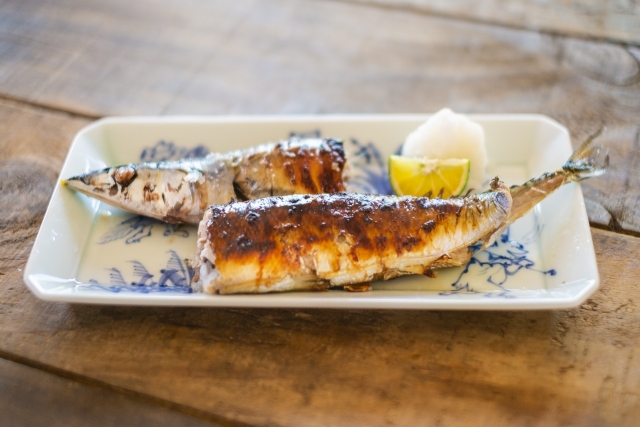
Photo by cheetahさん
But Is It Safe?
What makes raw fish safe for consumption? When is it not safe? The key is in the freshness of the fish. Luckily since Japan is an island nation, fresh fish is always available and ready to be sold immediately to markets for preparation. If the fish are not fresh, markets will strictly deem them unsuitable for sushi or sashimi preparation. Interestingly, eating habits can also influence the safety of raw fish consumption. Such habits include eating raw fish with soy sauce and wasabi, as both possess bactericidal properties, thereby further killing any remaining bacteria.[3]
Conclusion
The historical significance of raw fish in Japan remains largely unknown to the global population. Even with all the accessible information regarding health benefits of what we eat, a large number of people are still unaware of the nutrition they either consume regularly or don’t consume a lot of. It can therefore be quite easy for the general population to be skeptical of eating raw fish.
But Japan has a long track record for highest average life expectancy (currently 2nd behind Hong Kong SAR, China). The strong health benefits of eating raw fish suggests that this may have played a strong role in promoting long-term health in the Japanese people. Although not to everyone’s taste, occasionally substituting cooked fish with its fresh raw counterpart could prove to be a game changer in one’s life for healthy eating.
Photo and Information Credits:
Photos:
Top Photo: crea33さん on PhotoAC
1 – himawariinさん on PhotoAC
Articles cited:
1. https://japanyugen.com/the-reason-why-the-japanese-eat-raw-fish/#History_of_Eating_Raw_Fish_in_Japan
2. https://www.tokyoweekender.com/2013/12/japanese-cuisine-recognized-as-unesco-intangible-cultural-heritage/
3. https://japantruly.com/why-japanese-eat-raw-fish/
All other content (text) created by the original author and © 2022 MUSUBI by Borderlink
RELATED
-
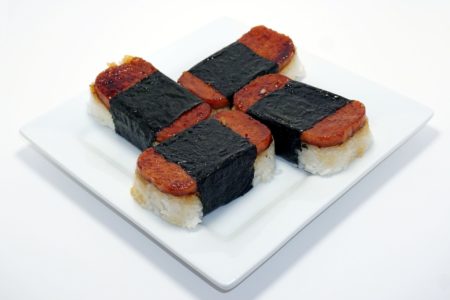
Spam Musubi: This is Japanese, Right?
Top Photo: Chris Hackmann licensed under the Creative Commons Attribution-Share Alike 4.0 International licens… -
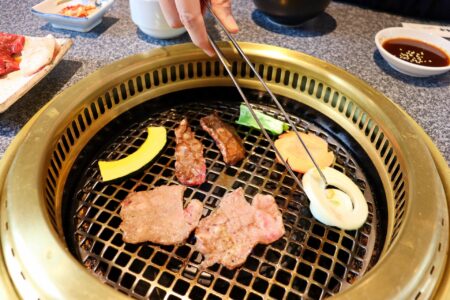
Yakiniku: The Need For Meat
Top Photo: けむぴさん on PhotoAC There’s nothing better than the sizzle and crack of profusely sweating meat … -
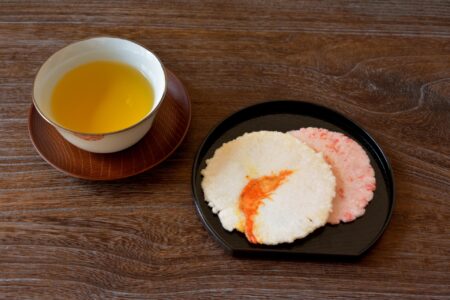
A Look At The Japanese Take On Snacks
Top Photo: かずなり777さん on PhotoAC If you’re like me, during an afternoon break or right after you finish work, y…
PEOPLE

Mustafa Mossa
From Egypt
Lived in the UK for 30 years. Began life in Japan 5 months ago!


